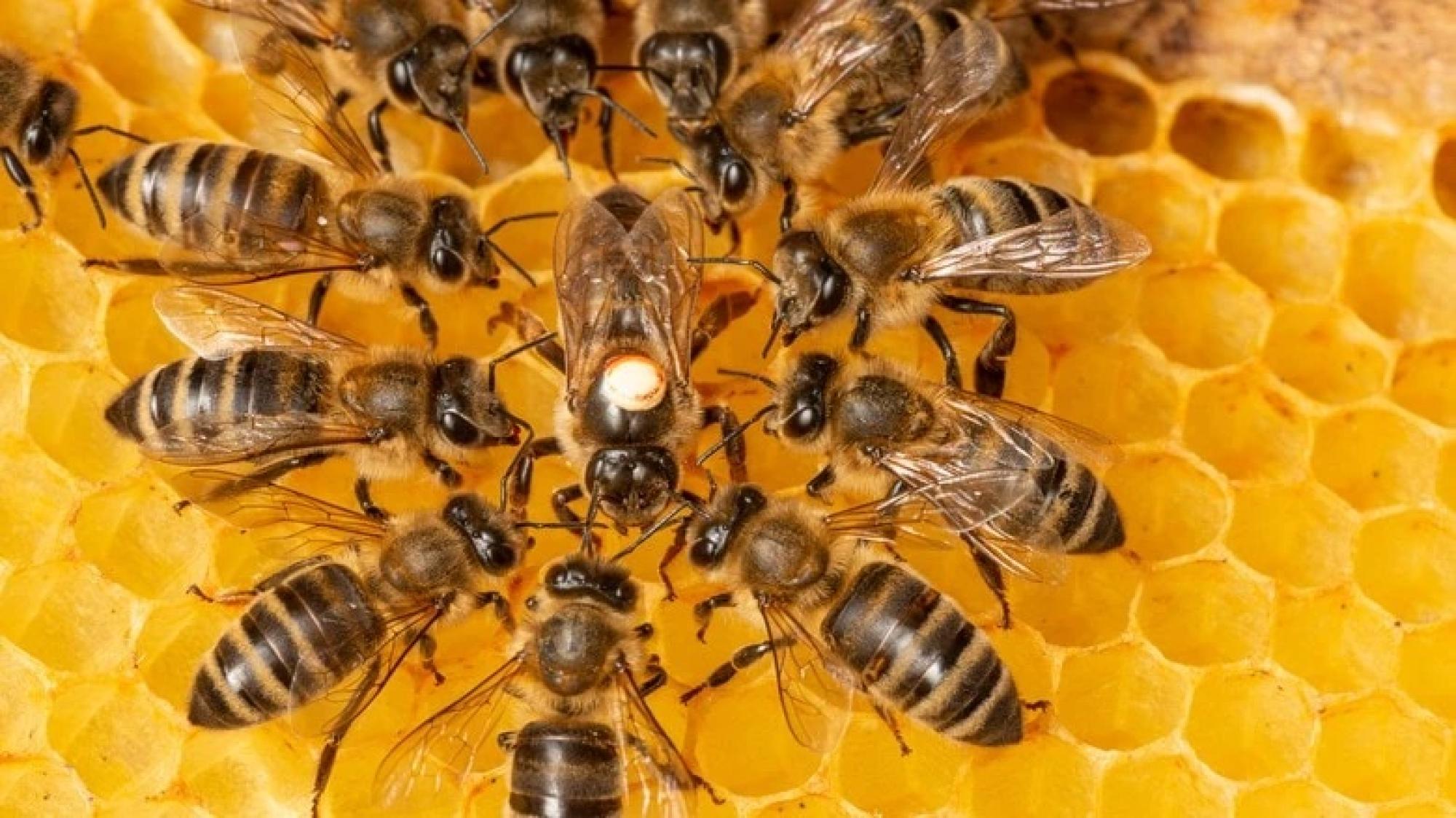Related Stories
Why did the National Honey Board hire a PR firm that works for the pesticide industry?
Key Excerpts from Article on Website of U.S. Right to Know

Posted: August 15th, 2023
https://usrtk.org/pesticides/national-honey-board-porter-nov...
In 2016, the American honey industry faced a crisis: The U.S. Food and Drug Administration had found high levels of glyphosate, an herbicide linked to cancer, in honey samples from Iowa. The National Honey Board (NHB), a honey industry-funded agency of the U.S. Department of Agriculture, did what many businesses under fire have done: They hired a crisis management public relations firm, in this case to downplay the risks of glyphosate in honey. The PR firm, Porter Novelli, later worked with the NHB to deflect concerns about honey containing neonicotinoids. The insect-killing chemicals are tied to the collapse of bee colonies. At the same time, Porter Novelli was working for Bayer, a leading manufacturer of glyphosate and neonicotinoids. The PR firm’s work for Bayer included promoting the use of neonicotinoids and opposing regulations that would safeguard honey bees. CropLife America, the pesticide industry lobby group, has also hired Porter Novelli’s subsidiary, Paradigm Communications, to “lead the effort to shift how pesticide products were portrayed in search engine results,” according to the Intercept. Search terms compiled by CropLife America staff included “neonicotinoid,” “pollinators,” and “neonics.” As other countries responded to the science by banning neonics, in the U.S., “industry dug in, seeking not only to discredit the research but to cast pesticide companies as a solution to the problem." Studies show the insecticides are toxic to the brain and nervous system [of humans].
Note: According to the CDC, about half the U.S. population is exposed to at least one neonic on a regular basis, with children ages 3-5 years old having the highest levels. Merchants of Poison: How Monsanto Sold the World on a Toxic Pesticide is a recent and comprehensive analysis of documents released in litigation against Monsanto that expose years of pesticide industry disinformation. For more along these lines, see concise summaries of deeply revealing news articles on food system corruption.
Related Stories
Latest News
Key News Articles from Years Past











































































